Advertisement
Since its launch, ChatGPT has dominated the AI chatbot landscape, becoming the go-to tool for millions of users seeking help with writing, research, ideation, and problem-solving. Its impressive fluency and adaptability have made it a widely adopted tool in both professional and casual contexts. However, with the introduction of Claude AI, developed by Anthropic, that dominance is now facing serious competition.
Claude AI represents a new generation of conversational models built on safety-first principles, larger processing capacity, and enhanced understanding of user intent. While both ChatGPT and Claude offer sophisticated AI capabilities, Claude is beginning to stand out in several crucial areas.
This post explores 4 ways Claude AI demonstrates superiority over ChatGPT—covering context handling, safety systems, technical performance, and the freshness of its knowledge base.
One of the most critical distinctions between Claude AI and ChatGPT lies in their context window—the amount of data each model can process during a conversation. In practical terms, this determines how much text the AI can consider when generating responses. Claude AI leads in this area by a wide margin.
Claude AI supports up to 100,000 tokens in a single prompt, allowing it to handle approximately 75,000 words. It means users can input entire documents, books, or complex data sets in one session without needing to break the information into smaller parts. Claude maintains awareness of the full content throughout the conversation, which allows it to deliver contextually accurate and consistent replies.
By contrast, ChatGPT traditionally operates with much smaller token limits, ranging from 4,000 to 8,000 tokens in many versions and up to 32,000 in advanced paid tiers. Even at its maximum, this is still significantly less than what Claude AI can manage. The reduced context window in ChatGPT can create challenges when summarizing long documents, debugging large blocks of code, or reviewing extended research.
For users working with large-scale content—such as legal contracts, academic texts, or multi-module software—Claude AI’s extended processing ability offers a seamless experience that ChatGPT struggles to match. It not only saves time but also improves consistency and contextual accuracy across longer sessions.

While both Claude and ChatGPT are trained to avoid harmful, biased, or misleading content, Claude AI places a stronger emphasis on ethical behavior and safety, rooted in the philosophy of its developer, Anthropic.
Claude was developed with a principle-based system called Constitutional AI. This model uses a set of predefined rules and values to guide its responses. These rules ensure that the chatbot avoids generating unsafe or inappropriate content and that its behavior aligns with established ethical guidelines. The result is a model that is less likely to produce toxic, offensive, or biased output—even when tested under pressure.
In comparison, ChatGPT also includes safety layers and moderation filters. However, it has historically been more susceptible to “jailbreaking,” where users exploit loopholes to bypass content restrictions. Claude AI is significantly more resistant to such manipulation due to its deeply integrated rule-based structure, making it more reliable for organizations, educators, and families seeking responsible AI usage.
In a world where misinformation, bias, and inappropriate content are growing concerns, Claude’s emphasis on safety and ethical integrity is not just a technical benefit—it’s a major differentiator. It offers peace of mind to users who value content moderation without sacrificing functionality or fluency.
For software developers, engineers, and technical professionals, the ability of an AI model to handle code efficiently is essential. Claude AI shines in this area thanks to its massive context window and ability to digest and understand large volumes of code in one go.
ChatGPT, while highly capable in coding support, can be limited by its smaller input threshold. When users attempt to input entire codebases or projects, ChatGPT often truncates or loses track of critical dependencies, resulting in confusion or errors. Developers must often resort to breaking their code into smaller pieces or repeatedly re-explaining context to maintain coherence.
Claude’s advantage is that it can accept and review thousands of lines of code at once, allowing users to work more efficiently. Whether the task involves debugging, explaining complex logic, or rewriting modules, Claude can interpret the entire structure without interruption. It dramatically reduces the need for repetition and increases the quality of technical feedback.
In addition, Claude tends to produce cleaner, more readable code suggestions due to its contextual awareness. It makes it particularly valuable for developers managing multi-file projects, version control issues, or backend optimizations.
As AI tools continue to integrate into development workflows, Claude's coding performance positions it as a more scalable assistant in enterprise-level and software-heavy environments.

One of Claude AI’s standout capabilities is its ability to handle layered, multi-step tasks with greater clarity and consistency than ChatGPT. While both models aim to generate coherent responses, Claude often shows a deeper grasp of nuance, maintaining logical structure even as complexity increases.
It becomes especially valuable in real-world use cases where users seek more than basic answers—they need strategic insights, structured solutions, or thoughtful analysis. Claude’s extended context window and stronger retention allow it to process larger amounts of information without losing relevance.
In scenarios like business planning, content strategy, or policy evaluation, Claude’s responses tend to reflect critical thinking rather than surface-level suggestions. It consistently aligns with the user’s intent, offering more refined, actionable outcomes.
Claude AI is emerging as a strong competitor to ChatGPT, offering clear advantages in key areas. Its ability to handle larger inputs, maintain safer and more ethical responses, and support complex tasks makes it especially useful for professionals. Claude also delivers better coding support and real-world relevance, enhancing its practical value.
While ChatGPT remains widely used, Claude is carving out its place with focused innovation. For users seeking reliability, depth, and intelligent interaction, Claude AI is proving to be a smarter choice.

Learn how ChatGPT helps Dungeon Masters enhance gameplay, improvise scenes, and manage detailed campaign elements.
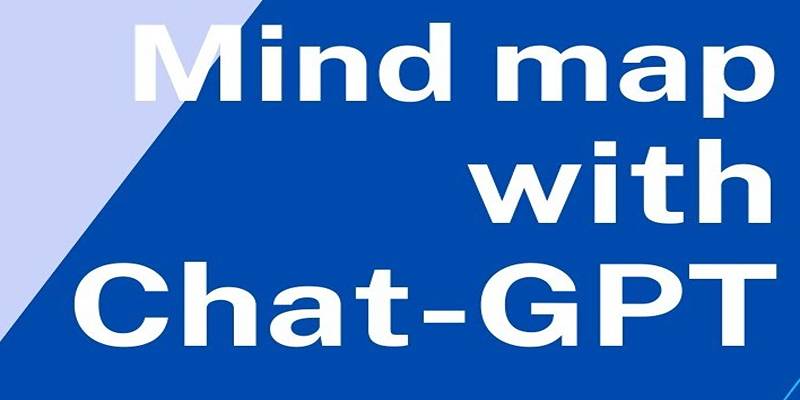
Boost creativity and structure in brainstorming by combining mind maps with ChatGPT for faster, clearer idea generation.
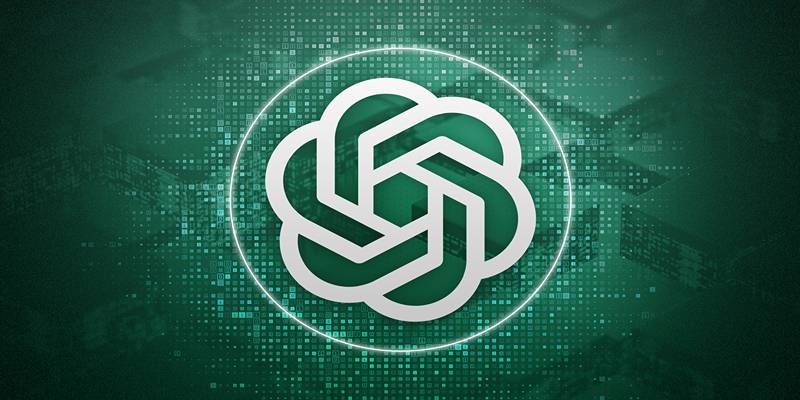
Discover 8 effective ChatGPT prompt strategies that help reduce digital distractions and improve daily focus and clarity.

Learn how to prevent ChatGPT from saving your conversations by turning off chat history and managing privacy preferences.

How Visa AI Shopping Agents are transforming the online shopping experience with smarter, faster, and more personal assistance at check-out
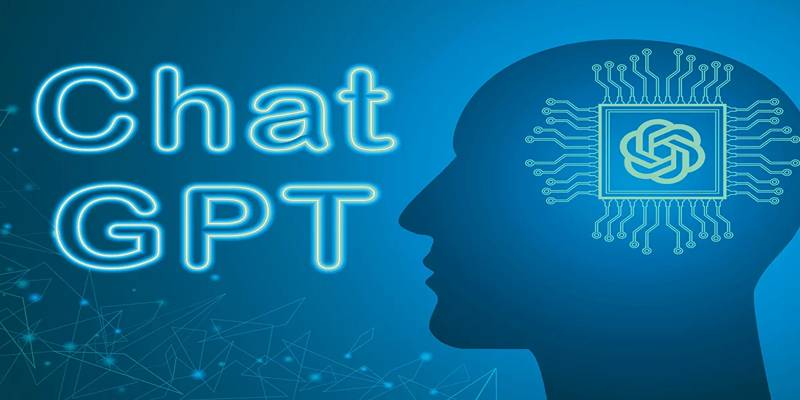
Explore how ChatGPT helps writers create powerful, creative poems by guiding tone, structure, and word choices.

Discover 9 smart ways ChatGPT makes life easier by helping with tasks, decisions, planning, writing, and daily learning.
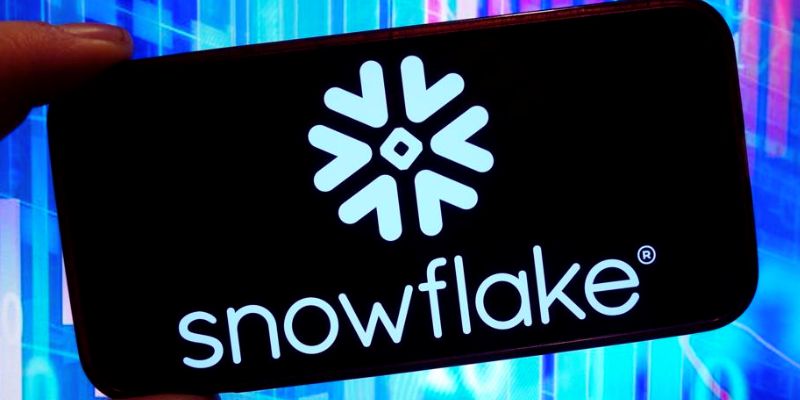
Snowflake unveils new AI and security features to enhance machine learning, data protection, and scalability for businesses
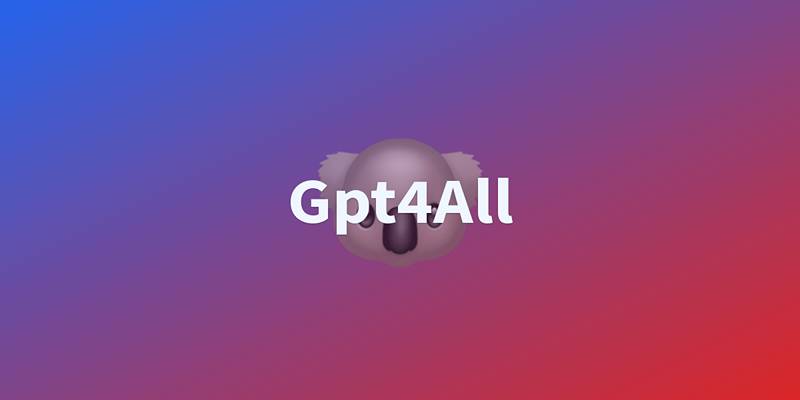
Install GPT4All on your Windows PC and run a ChatGPT-style AI chatbot offline, privately, and completely free of charge.

Discover 11 effective ChatGPT strategies authors can use to create detailed, consistent, and dynamic book characters.

Worried about how ChatGPT handles your data? Learn how to stop your conversations from being used to train AI models and manage your privacy settings effectively
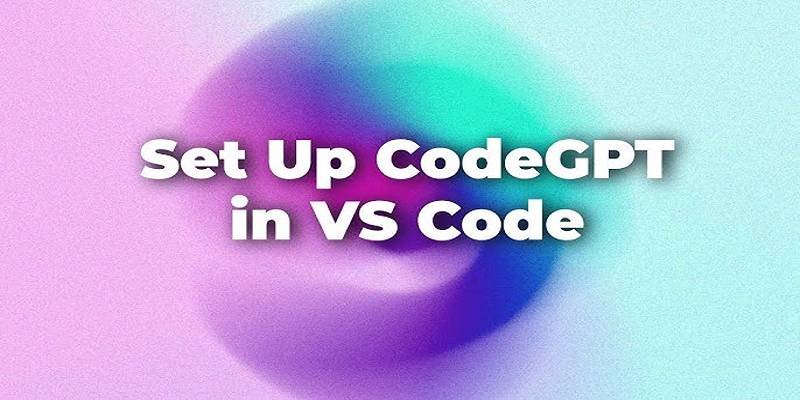
Learn how to install and use CodeGPT in Visual Studio Code to enhance coding efficiency and get AI-driven suggestions.